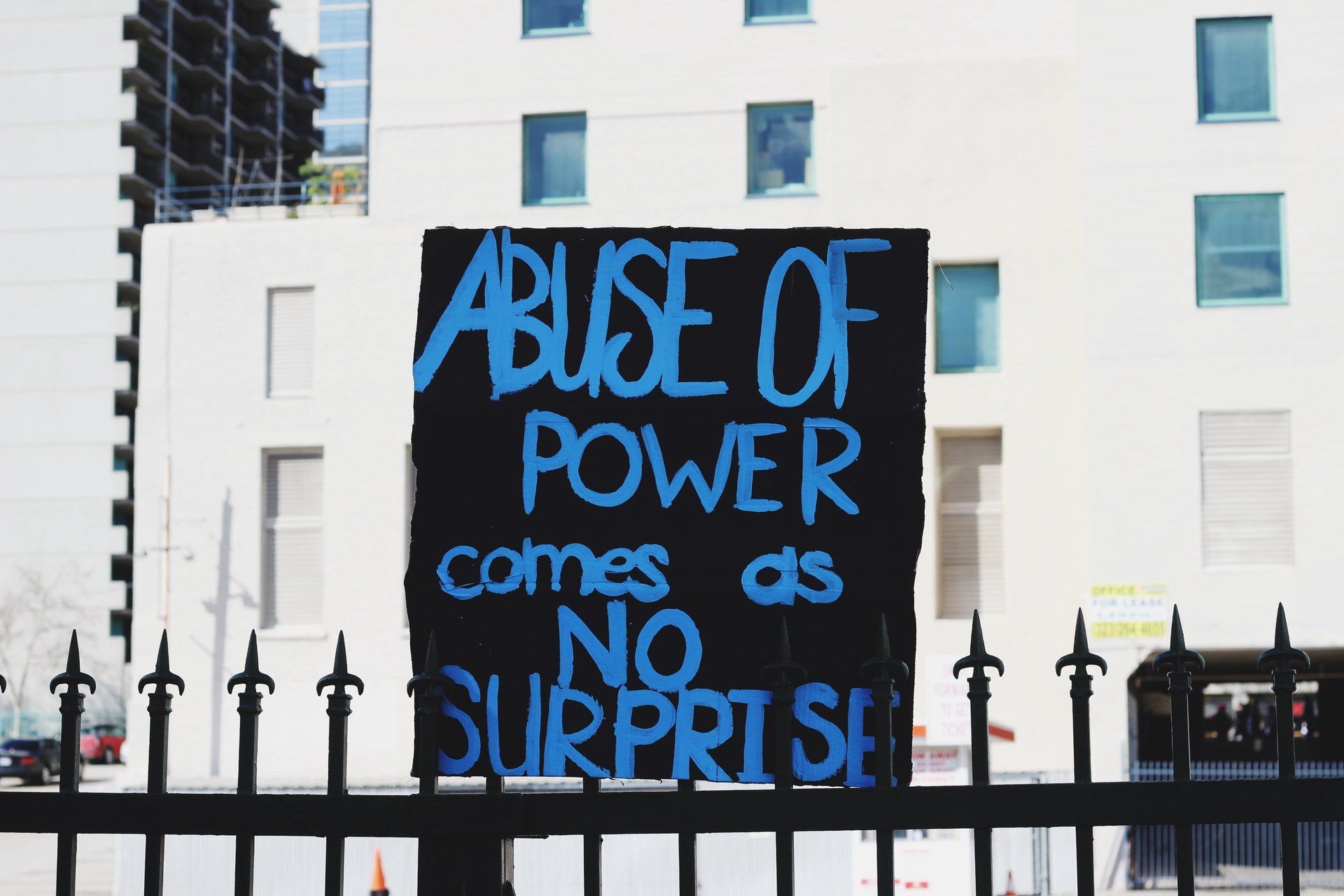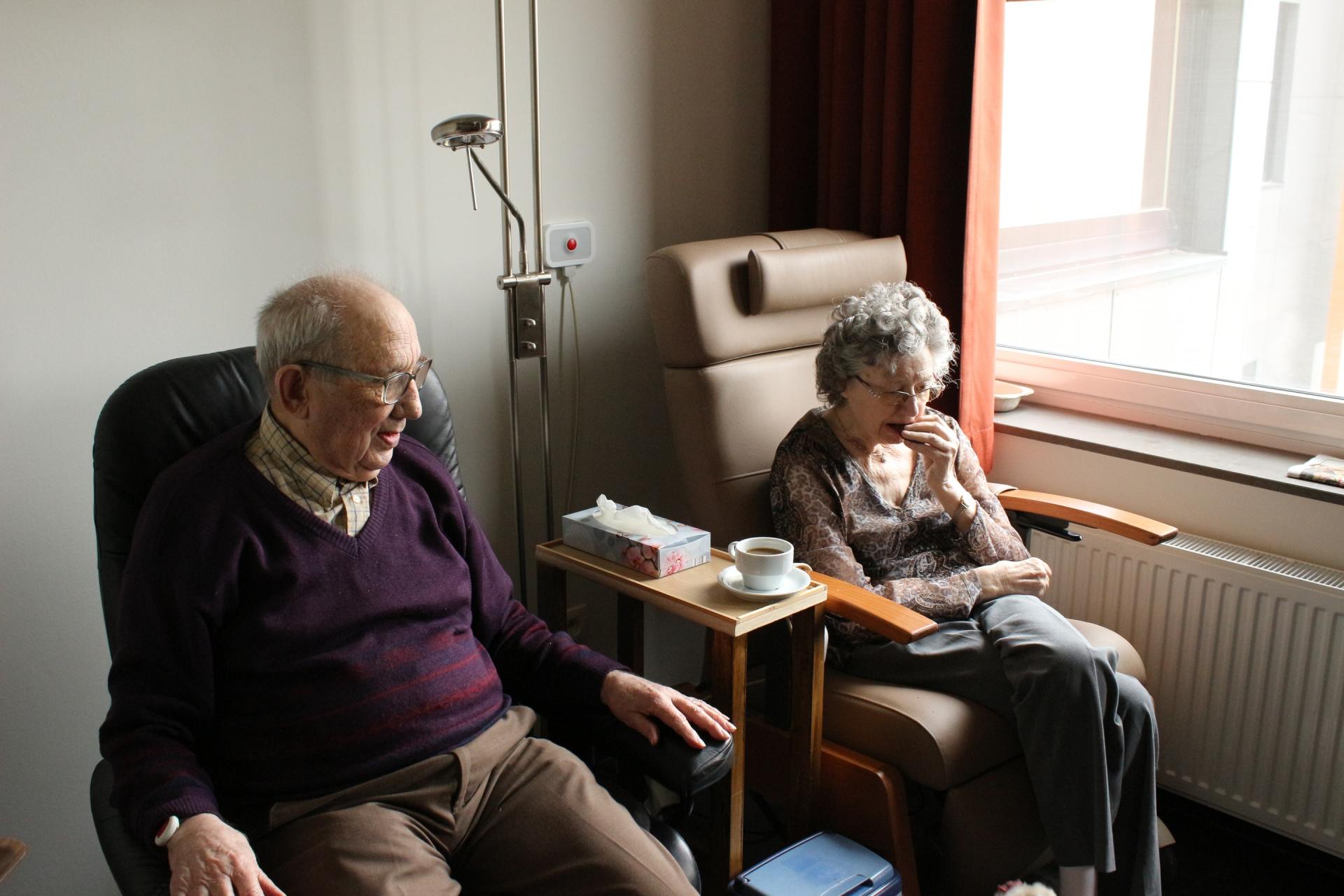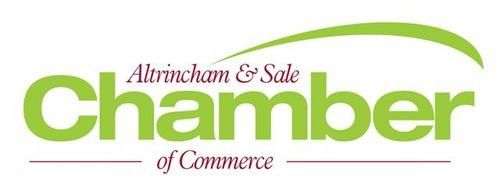Welcome to Elders Mediation Solutions
A highly experienced team of mediators, we believe in resolving disputes logically, quickly and efficiently.
Why go through litigation when mediation can instantly save time, money and the ongoing pressures of a dispute?
We deal with all types of elder disputes, from Court of Protection issues to disputes involving Powers of attorneys.
Lateral thinkers, we strive for meaningful and practical settlements to suit the needs of the elders and their relatives or carers.
Services
Court of Protection
News

One of the unusual features of an elder mediation can be who controls the elder and who has the real power and influence to make the decision and how this is influenced by the family politics and sibling rivalry.
During the course of the mediation, the mediator will become aware of who is the head of the family and how that influences the situation, and in turn the effect of the family struggles and the family power games. The mediator will be concerned to see that the parties are motivated and driven to facilitate a settlement upon the basis of the best interests of the elder. If this is not the case the mediator will adopt various strategies to redress the situation.
The mediator will look out for and try and recognise situations of abuse. In using the word abuse we are not necessarily wanting to look at either physical or mental abuse but recognising that one of the members of the family may have more sway than others.
The mediator will be aware that within the family there will be communication patterns and secret rules and secret matters which are not talked about in public. Often when a dispute is referred to a mediator there are struggles over power-sharing within the family and who has the final say. The mediator will look to put the parties on and equal footing but will always focus on the fact that the most important person is the vulnerable adult – who is hating the fact that the children are arguing and falling out and will not want to make the situation worse by siding with one child against the other.
As the mediator can speak to all parties in confidence, they can listen to all parties, work out what the common interests are – and even though brother and sister may be at loggerheads they inevitably all have the common interest of making sure their parent is protected. Then the mediator can drill down to work out the real problems and how the attitudes of the children need to be moved to reach common ground and find a solution n the best interest of their parents.

It often happens that the family tries to reach a conclusion over a problem it faces, say over care arrangements for an elderly mother, but put off the decision because they are not in agreement or do not have the time or energy to finalise plans or perhaps to do not want to offend. Then, all of a sudden something happens, and instead of there being a need to resolve the problem it is now a question of crisis management.
Perhaps a strange perspective, but the crisis can become a window of opportunity and mediation can be very effective tool to bring all parties together quickly to resolve the crisis.
It is clear that the previous coping strategies have failed and the family has struggled to develop new mechanisms, often although not always, failing to accept external help.
There is a need to put in place that essential support now, which can sustain subsequent challenges or difficulties. The solution is to get all parties together for an elder mediation. It can be organised in a matter of days and there is an 80-85% chance of a successful conclusion.
Therefore, it is possible to create a win-win situation out of a crisis and restore a balance of calm and smooth out relationships.












